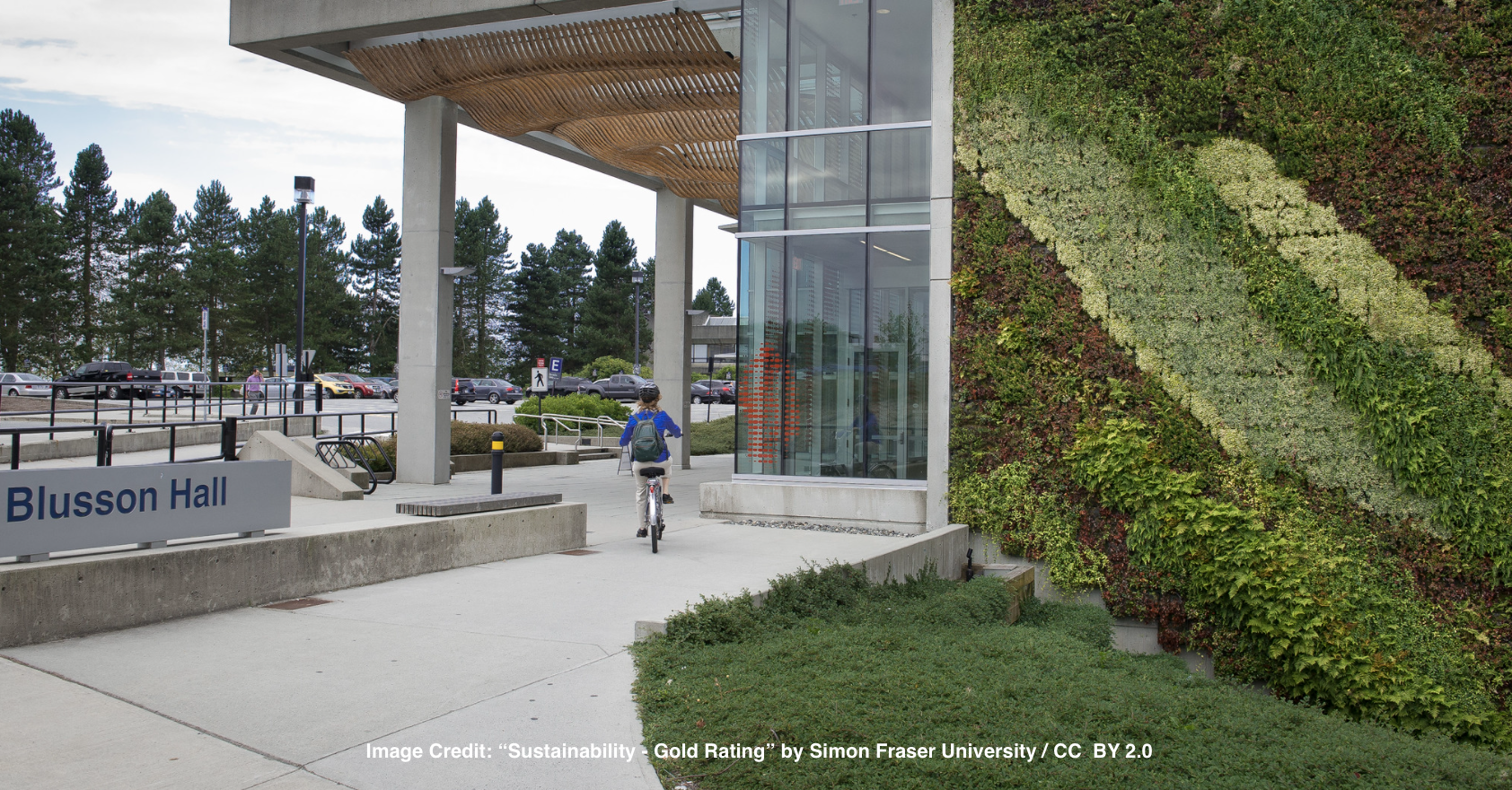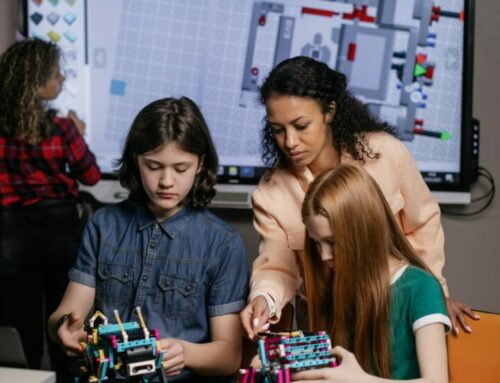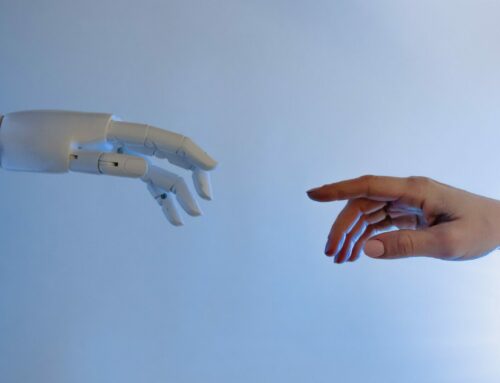What universities can do to mainstream sustainable development
Patrick Blessinger and Barbara Cozza
Note: This article first appeared in the December 2021 issue (Vol. 26 No. 2) of IAU Horizons.
By and large, human beliefs, attitudes and mindsets drive human behaviours. Thus, the future of humanity, and the planet they inhabit, will ultimately depend on humanity’s ability to adopt a sustainability mindset in order to solve the most intractable issues of our time (for example, poverty, illiteracy, species extinction, resource depletion, climate change). Within this context, higher education, as a catalyst for economic and social progress, can and should lead the world to achieve a sustainable future with the support of the UN framework Agenda 2030 and the sustainable development goals.
The future of humanity, and the planet they inhabit, will ultimately depend on humanity’s ability to adopt a sustainability mindset in order to solve the most intractable issues of our time.
Ultimately, the solutions to create a sustainable world depend on our ability to change our mindset about our relationship to the planet and to each other. When the mindset changes, the behaviour follows. So, how can higher education institutions move from the margins of leadership for sustainable development (SD) and begin taking a leading role to mainstream SD in society?
Engage in Transformative Leadership
The scientific data on climate change is comprehensive and unequivocal. Thus, now is the time to move beyond aspirations and platitudes and move towards bold actions to achieve the SD goals. First, institutional leaders can demonstrate their commitment to SD by integrating SD into their mission, vision, and values statements as well as implementing concrete SD policies, plans, and practices; that is, putting words into concrete, measurable actions. Institutions that are fully engaged in implementing SD initiatives will serve as exemplars in transformative leadership.
Institutional leaders are in the best position to influence the mindsets of their stakeholders (that is, students, faculty, administration, community). As such, institutional leaders have a fiduciary and ethical responsibility to take decisive action to mainstream SD locally and, concomitantly, around the world. Since higher education is a global system, when institutional leaders decide to implement institutional SD initiatives, their collective actions will also lead to positive global outcomes.
Collaborate on Strategic Planning
One of the major challenges facing higher education institutions is how best to implement various SD initiatives within different political, economic, socio-cultural, and technological contexts, rather than a one-size-fits all plan. This is especially true in a contemporary world with higher education institutions of varying missions, sizes, and resources. Thus, in order to mitigate the risks associated with implementing a SD plan, institutions should engage all stakeholders in the strategic planning process and conduct the research necessary to make informed, data-driven decisions that are best suited for their particular context.
Within the context of the institution’s mission, vision, and values, the high-level strategic planning process involves clearly defined strategic goals, objectives, timelines, and budgets. The strategic goals and objectives should be translated into lower-level operational goals and objectives in order to be properly implemented. The work required to implement a SD plan is carried out by committees who have clear roles, responsibilities, and reporting structures. Processes, procedures, and systems are put in place to ensure progress towards all goals and objectives. Data from institutional assessment and project evaluation activities is gathered to determine the effectiveness of the planning process for a full cycle review. For example, Harvard University’s sustainability plan (1) illustrates one way to encapsulate these planning elements.
Implement Sustainability Locally
To start, institutional leaders need to recognize their role and relationship with their environment. For instance, the natural environment cannot speak for itself and cannot act collectively on its own behalf. It follows, therefore, that humanity must be the voice for and the conscience of the environment. Environmental rights (2) are not only an extension of human rights to the environment (anthropocentric view) but they also comprise humanity’s ethical duty to preserve, protect, and improve the environment (ecocentric view) because we are the only species capable of doing so and because it is in our best long-term survival interest to do so. Thus, higher education leaders, as thought leaders, are uniquely positioned to give voice to the serious problems plaguing humanity.
To effectively solve these global problems, leaders must speak from a position of authenticity and action. These qualities can be demonstrated by implementing a bold SD strategic plan. For example, Princeton University (3) has developed a comprehensive SD plan with bold targets to reduce greenhouse gas emissions. Their plan permeates every aspect of university life and it engages every stakeholder, from teaching to research to service. Their aim is to develop scientifically measurable metrics and innovative best practices that can be scaled from the individual to the institution to the local community to the world.
Mainstream Sustainable Development Globally
All institutions can be guided by core sustainability values such as, 1) ensure a fair and just society and economy for present and future generations, 2) ensure the protection of human, animal, and environmental rights, and 3) improve the quality of life for all on planet Earth. These core SD values not only form the basis for the SD mindset, but they help to harmonize SD activities around the world and inspire the current and future generation of higher education leaders to take bold action to achieve the sustainable development goals.
References
[1] https://green.harvard.edu/campaign/our-plan
[3] https://sustain.princeton.edu/sustainability-action-plan/overview
Patrick Blessinger, Adjunct Associate Professor, St. John’s University, USA; Executive Director, HETL Association, USA, and Barbara Cozza, Full Professor, School of Education, Department of Administrative and Instructional Leadership, St. John’s University, USA.
Suggested Citation:
Blessinger, P. and Cozza, B. (2021). What universities can do to mainstream sustainable development, IAU Horizons, volume 26, number 2, https://www.iau-aiu.net/IMG/pdf/iau_horizons_vol_26_2.pdf
Copyright © [2021] Patrick Blessinger and Barbara Cozza
Disclaimer
Opinions expressed in this article are those of the author, and as such do not necessarily represent the position(s) of other professionals or any institution.




